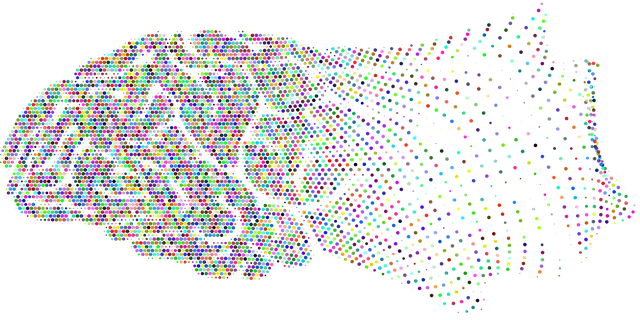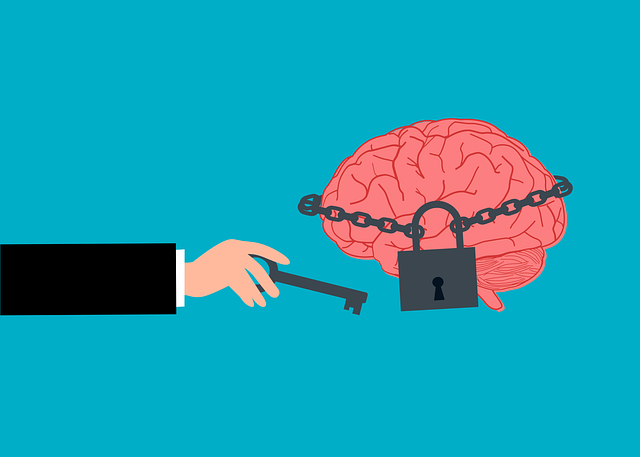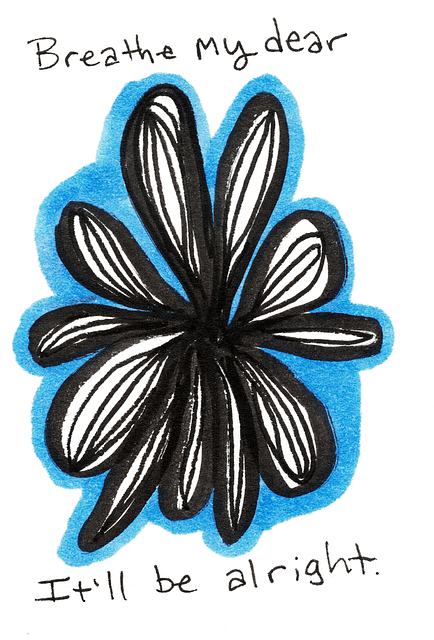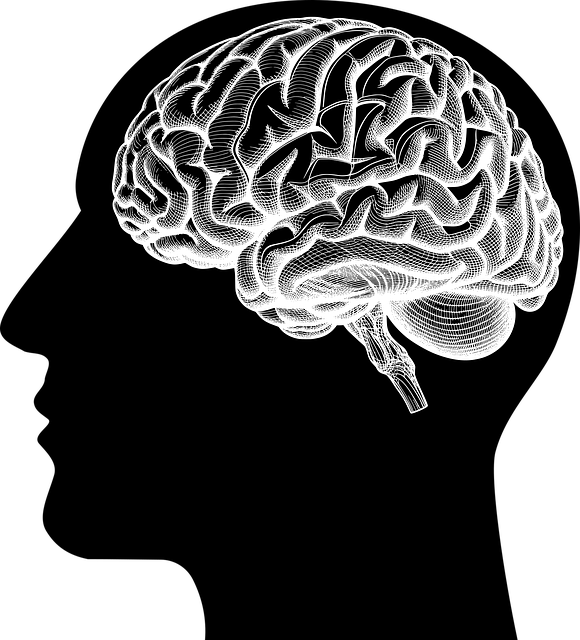Understanding cultural backgrounds is essential in mental healthcare for young adults, as it influences their experiences, behaviors, and responses to therapy. To provide effective therapy for young adults, professionals must adopt culturally sensitive approaches, addressing barriers like language differences, stigma, and lack of access. This includes incorporating multilingual resources, specialized therapists, and culturally competent practices. By empowering mental wellness coaching programs tailored by community experts, therapists can create safe spaces that encourage open communication and understanding. Ultimately, this personalized care enhances treatment success rates, aligning with the need for culturally sensitive therapy practices in today's diverse society.
In today’s diverse society, cultural sensitivity is paramount in mental healthcare practice, especially when catering to young adults. Understanding cultural diversity among this population is crucial for effective therapy, as barriers to accessing mental healthcare for diverse communities often exist. This article explores these nuances, delving into strategies for culturally competent practice, while promoting inclusivity and equitable care within therapy settings specifically tailored for young adults.
- Understanding Cultural Diversity in Young Adult Populations
- Barriers to Accessing Mental Healthcare for Diverse Communities
- The Impact of Cultural Sensitivity on Therapy Effectiveness
- Strategies for Culturally Competent Practice in Youth Mental Health
- Promoting Inclusivity and Equitable Care in Therapy Settings
Understanding Cultural Diversity in Young Adult Populations

Young adult populations encompass a diverse range of cultural backgrounds, beliefs, and values. Understanding this cultural diversity is paramount in mental healthcare as it significantly influences an individual’s experiences, behaviors, and responses to therapy. Each culture carries unique mindsets and interpretations of mental health issues, which can shape their willingness to seek help and the types of support they prefer. For instance, some cultures may emphasize community-based healing practices, while others might prioritize individualistic approaches to therapy.
Therapy for young adults must be culturally sensitive, incorporating strategies that cater to these variations. Mind Over Matter principles can be tailored to respect and integrate clients’ cultural contexts. Self-esteem improvement and self-awareness exercises, when infused with cultural relevance, become powerful tools for fostering growth while respecting individual differences. By recognizing and embracing this diversity, mental health professionals ensure more inclusive and effective treatment, ultimately enhancing the overall well-being of young adults from various cultural backgrounds.
Barriers to Accessing Mental Healthcare for Diverse Communities

Many diverse communities face significant barriers when it comes to accessing mental healthcare services. Cultural and linguistic differences can create a chasm between individuals seeking support for their mental health and the resources available to them. For example, language barriers may hinder patients from effectively communicating their symptoms or understanding treatment options, leading to delays in care. Similarly, cultural norms and beliefs surrounding mental illness vary widely across communities, which can result in stigma and shame preventing folks from reaching out for help.
These challenges are particularly relevant for young adults from diverse backgrounds who might be navigating both the complexities of adolescence and unique cultural pressures. Therapy for young adults within these communities must be sensitive to issues of race, ethnicity, religion, sexual orientation, and gender identity to foster trust and facilitate effective treatment. Incorporating culturally competent practices, such as providing multilingual resources and therapists with specialized training in diverse populations, can significantly improve access to mental healthcare and ultimately support the development of emotional intelligence and coping skills.
The Impact of Cultural Sensitivity on Therapy Effectiveness

Cultural sensitivity plays a pivotal role in enhancing therapy effectiveness for young adults seeking mental healthcare. By understanding and respecting diverse cultural backgrounds, therapists create a safe and inclusive environment that fosters open communication. This is particularly crucial when addressing issues like stress management, burnout prevention, and promoting mental health education among various ethnic and socioeconomic groups.
Incorporating cultural sensitivity into therapy sessions enables practitioners to adapt their approaches, ensuring that interventions are relevant and meaningful to each client’s unique context. For instance, a therapist skilled in cultural competence might incorporate specific techniques or activities from the client’s traditional culture to build trust and facilitate healing. This personalized approach can significantly improve treatment outcomes, as it considers the individual’s identity and experiences, thereby increasing the likelihood of successful therapy for young adults navigating their mental health journeys.
Strategies for Culturally Competent Practice in Youth Mental Health

Incorporating cultural sensitivity into youth mental healthcare is essential for providing effective therapy for young adults from diverse backgrounds. One key strategy is to empower mental wellness coaching programs development tailored to address specific cultural needs. These programs should be designed by experts who understand the nuances of different communities, ensuring that emotional regulation and healing processes are culturally appropriate and accessible. By integrating traditional healing practices, community resources, and family involvement, therapists can create a supportive environment that respects and embraces diverse cultural identities.
Additionally, mental wellness coaching should focus on building strong therapeutic alliances, actively listening to young adults’ perspectives, and fostering open dialogues about cultural beliefs and values. This involves educating oneself about various cultural contexts, challenging implicit biases, and adapting communication styles to ensure clear understanding. Through these strategies, mental health professionals can effectively support emotional healing while respecting and celebrating the rich tapestry of youth clients’ cultural backgrounds.
Promoting Inclusivity and Equitable Care in Therapy Settings

Creating an inclusive and equitable therapy environment is paramount when offering mental healthcare services to young adults. In a world that becomes increasingly diverse, therapists must be attuned to the unique cultural backgrounds and experiences of their clients. This sensitivity fosters a safe space where individuals from various ethnic, racial, religious, and socio-economic groups feel understood and respected. By embracing cultural competency, therapists can provide tailored care, addressing not just the symptoms but also the underlying cultural factors contributing to mental health issues.
In therapy settings, promoting inclusivity involves actively listening to clients’ narratives, acknowledging their cultural identities, and integrating these insights into treatment plans. This personalized approach ensures that young adults receive support that aligns with their individual needs and beliefs, enhancing the effectiveness of anxiety relief strategies, cultivating positive thinking, and offering trauma support services. Through such inclusive practices, mental healthcare becomes a powerful tool for empowering individuals to navigate their journeys towards healing and well-being.
Cultural sensitivity is a cornerstone of effective therapy for young adults, ensuring that diverse communities have access to equitable mental healthcare. By understanding cultural diversity, overcoming barriers, and implementing culturally competent strategies, mental health practitioners can significantly enhance therapeutic outcomes. Promoting inclusivity in therapy settings not only respects individual identities but also fosters meaningful connections, leading to improved treatment adherence and overall well-being among young adults from various backgrounds.









